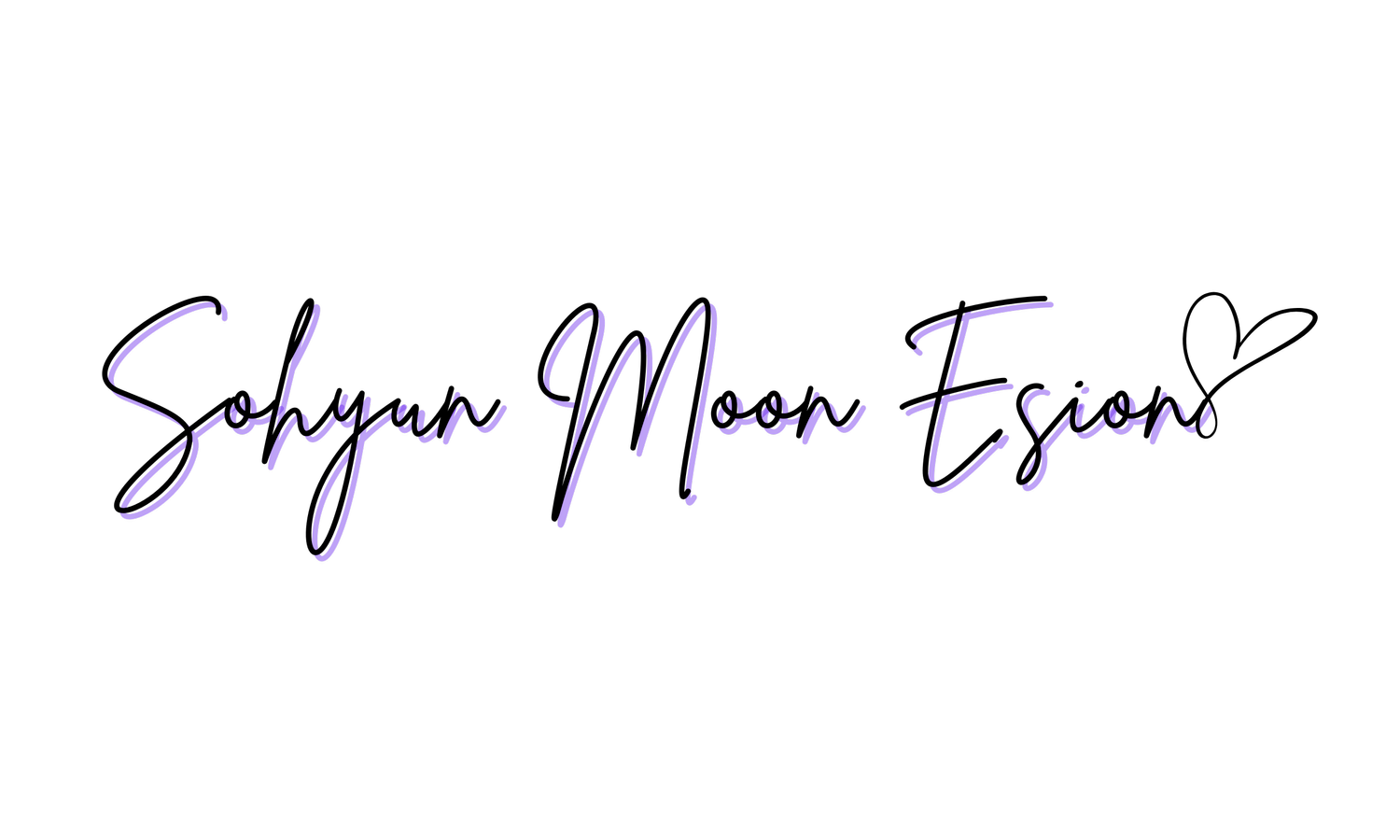이미 vs 벌써
Korean has two words for “already”: 이미 and 벌써. Luckily, the difference is easy to get 👍.
✅ Both Can Mean “Already”
이미 다 했어요 → I already did all of it.
벌써 다 했어요 → I already did all of it.
Both are correct in this context, though 이미 is more commonly used when simply stating a fact.
😲 Surprise with 벌써
벌써 has an extra nuance—it can show surprise at how quickly something was done:
벌써 다 했어요?!?! → You already did all of it?!
This expresses shock or disbelief that the action finished so fast.
🎧 Tone Matters
It’s usually easy to tell which meaning 벌써 has—just listen to the tone:
Calm → simply means already.
Surprised → means already?? so fast?!
⚡️ Quick Recap:
이미 = plain already, factual, no surprise.
벌써 = already, often with surprise or disbelief.
🔍 Small Nuance Notes
Frequency of use:
Both are common, but 벌써 is often used in spoken Korean, while 이미 can feel a bit more formal or “written.”
벌써 for ongoing states:
벌써 can also mean “already (so soon, earlier than expected)” in time expressions:
벌써 10시예요 = “It’s already 10 o’clock.”
벌써 일어났어요? = “You’re already awake?”
